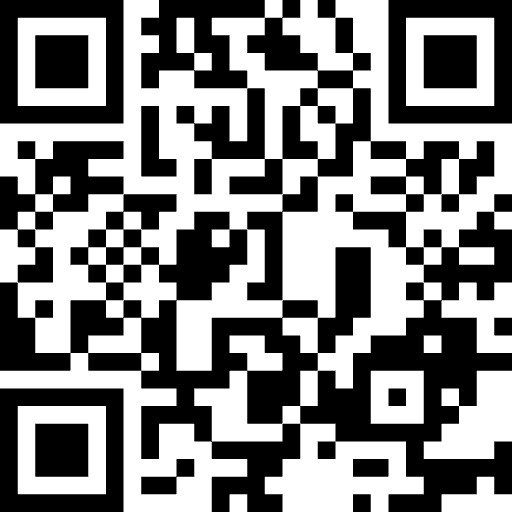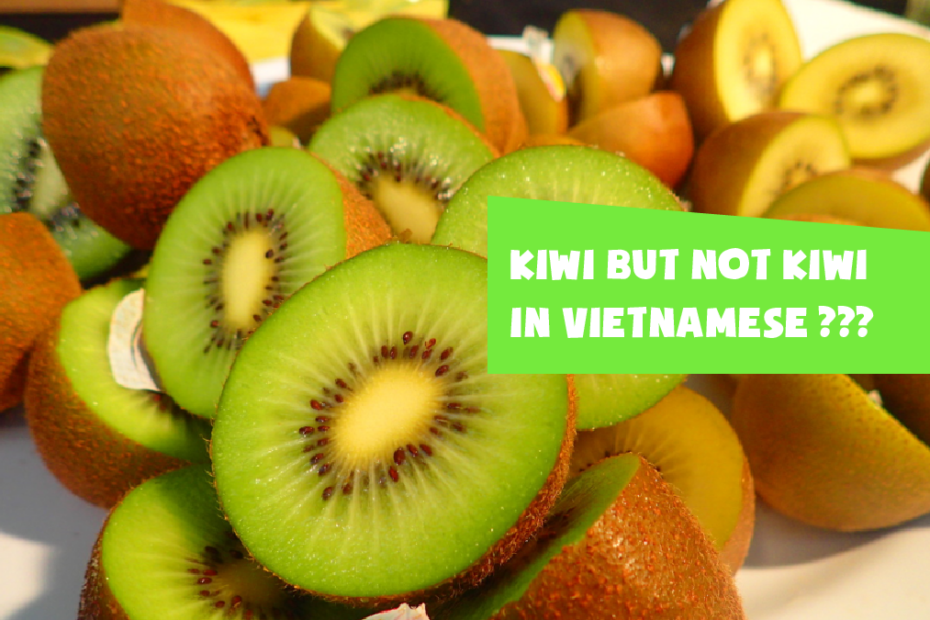In today’s life, Slang is widely used and carries the characteristics of each specific group. So what is Slang? And What Slang do Vietnamese Youth usually use? This article will help you understand more about them as well as some slang terms commonly used by Gen Z in Vietnam.
Slang, also known as colloquial or informal language, refers to words, phrases, or expressions that are not formal in speech and are often used in communication within a particular group of people, usually among close acquaintances.
The concept of “slang” is formed and developed within social groups or when individuals regularly interact in specific situations or contexts over a long period of time. While most slang words introduce new definitions, some effective slang terms provide new ways of expression, often with a fresh, sarcastic, or shocking tone, for established concepts and conventional meanings.
1. Kiwi Kiwi:
Kiwi kiwi originated from a clip by TikToker duybestvo, featuring a video introducing a new drink by Mixue posted on TikTok on May 17, 2023. In the video, the channel host, wearing women’s clothing, repeatedly mentioned the phrase “kiwi kiwi” in a playful and humorous tone after introducing Mixue’s new kiwi drink (made from kiwi fruit).
Just a few days later, the clip quickly went viral on social media and received a massive number of views and the “kiwi kiwi” trend started from there. “Kiwi Kiwi” here means delicious, used to praise or express the intense emotions of young people when encountering a food or drink item that suits their taste. Kiwi kiwi carries a similar meaning to “mlem mlem,” evoking mouth-watering sensations when talking about food and drinks.
Many TikTokers have used kiwi kiwi in their videos. Young people also use kiwi kiwi when commenting on social media and in everyday life.


Source: Younet Media
2. Xịt Keo
“Xịt Keo” is one of Mai Ngô’s famous memes when she played the role of a trainer for contestants participating in the Miss Trans Vietnam pageant. Despite her detailed and dedicated instructions, the contestants’ performances were weak, leaving her completely helpless.
“Xịt Keo” is commonly used in situations where individuals or conversations are unexpectedly awkward and become hesitant due to the actions or words of the person they are facing. They are unsure of how to continue or feel embarrassed because of the other person’s behavior. This is a catchy and easily used term among young people, enriching and adding humor to the description of past events.
3. Tái châu, keo lỳ, chả quyên
These salty phrases originate from the social media phenomenon Linda, whose real name is Mai Kim Trí, a transgender girl who became popular on the online community not for exceptional talent but for controversial personal life.
“Tái châu” is a wordplay on “tái chanh,” meaning naive. It can be used in a sentence like: “Your outfit today makes you look even more naive!”
“Keo lỳ” means looking tempting and wanting to take a bite. It is used when looking at something that makes a person feel like they are hungry or thirsty and suddenly presented with a delicious dish.
“Chả quyên” is used to express a salty and sweet flavor.
Through Linda’s Facebook posts and TikTok clips, these phrases quickly caught on among young people and became popular. Due to their high entertainment value, these humorous phrases are often used to replace ordinary conversations among young people, adding a lively atmosphere.
4. Mãi Mận, Mãi Keo:
“Mãi mận” is how Gen Z says a variant of the phrase “mãi mặn mà,” which is popular on the social media platform Facebook, and its origin is unclear. This phrase is used to praise others for their appearance, humorous personality, or simply to express admiration for an action or an impressive event. In addition to “mãi mận,” Gen Z combines the names of various fruits like mango, coconut, and guava to compliment someone, highlighting qualities such as being as “mận vải” or “mãi mận xoài cóc ổi”.

“Mãi keo” is a coined phrase by Gen Z, where “mãi” means forever, and “keo” refers to sticky glue. Therefore, the meaning of “mãi keo” is sticking together continuously, used to describe the strong bond between two or more people.
“Mãi mận mãi keo” combines both concepts above to represent an inseparable relationship, a phrase often used by Gen Z to express friendship or a strong emotional connection.
5. Xà lơ
“Xà lơ” or “Ăn nói xà lơ” is actually a colloquial term for “Sà lơ,” which is pronounced similarly to “Sai lơ.” It is a local expression indicating when someone is completely wrong about something, their words have no value, and their speech is incorrect.
The phrase “Ăn nói xà lơ” emerged from a live stream selling session on TikTok when the seller’s young daughter unexpectedly blurted out inappropriate words. Immediately, the mother corrected her daughter by saying, “Ăn nói xà lơ! Sao con nói dị!?” (You’re speaking nonsense! Why did you say that!?). With such a short and concise statement, but delivered with a distinctive tone and a humorous manner, it became a trend on social media platforms, especially TikTok.
Using slang can enrich your communication style, and young people will feel more comfortable in daily exchanges. However, you should note that slang is usually not appropriate in formal communication contexts and written articles. It should only be used when conversing with friends or people who understand the trend to avoid affecting others. Also, don’t overuse slang, as it may diminish the purity of the Vietnamese language.
Also, for Customers who are looking for Kiwi deals, you can visit Kamereo’s booth here!
Read more articles:
Explore Michelin Selected 2023 Restaurants in Ho Chi Minh City (Part 1)
Explore Michelin Selected 2023 Restaurants in Ho Chi Minh City (Part 2)




